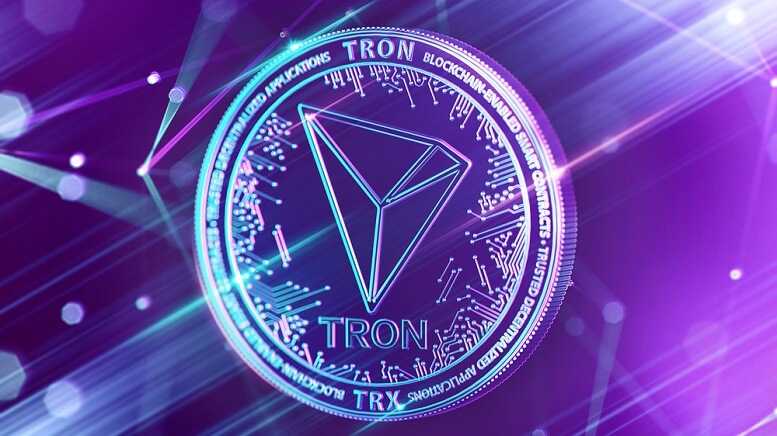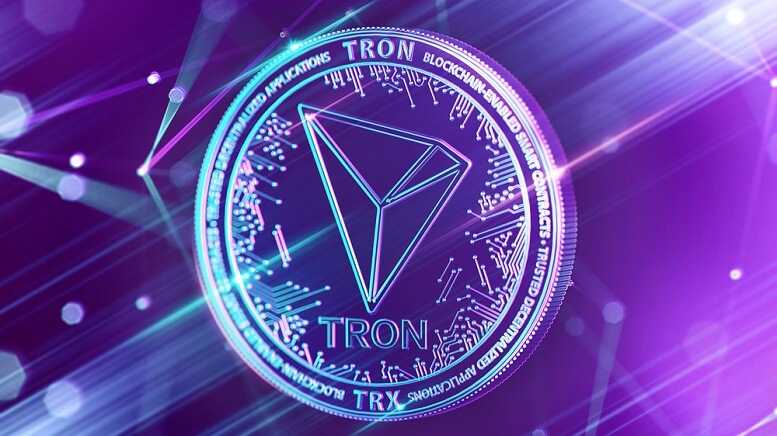Crypto Stocks Surge with Bitcoin

The cryptocurrency market has once again captured the attention of investors worldwide as Bitcoin surpasses the $100,000 mark. This milestone has triggered significant movements in the stock prices of companies associated with the crypto space, particularly those like Coinbase and MicroStrategy.
Coinbase (NASDAQ:COIN) has seen its stock price surge following Bitcoin’s impressive rally. As one of the leading cryptocurrency exchanges, Coinbase benefits directly from increased trading volumes and investor interest during such bullish market conditions. The company has reported a noticeable uptick in user activity and transaction volumes, boosting investor confidence in its future growth prospects.
Similarly, MicroStrategy (NASDAQ:MSTR), which has invested heavily in Bitcoin, experienced a significant increase in its stock value. The company’s strategy to hold Bitcoin as a treasury asset has paid off, with the recent price surge amplifying the value of its holdings. This move has been both lauded and criticized by market analysts, but the recent market dynamics have favored the company’s bold approach.
The surge in Bitcoin’s price has also influenced other crypto-related stocks, including those of mining companies and blockchain technology firms. The positive sentiment in the crypto market has led to increased investor interest across the board, driving up stock prices in related sectors.
However, the volatile nature of cryptocurrencies means that these gains can be fleeting. Market participants remain cautious, aware that regulatory changes or market corrections could quickly alter the landscape. Despite these risks, the current sentiment remains optimistic, with many investors eyeing further gains as institutional adoption of cryptocurrencies continues to grow.
In summary, the rise of Bitcoin past $100,000 has had a substantial impact on the stock market, particularly on companies like Coinbase and MicroStrategy, which have direct exposure to the crypto market. As the cryptocurrency ecosystem evolves, these companies are poised to benefit from the ongoing digital transformation and the increasing mainstream acceptance of digital currencies.
Footnotes:
Featured Image: depositphotos @ sdecoret








